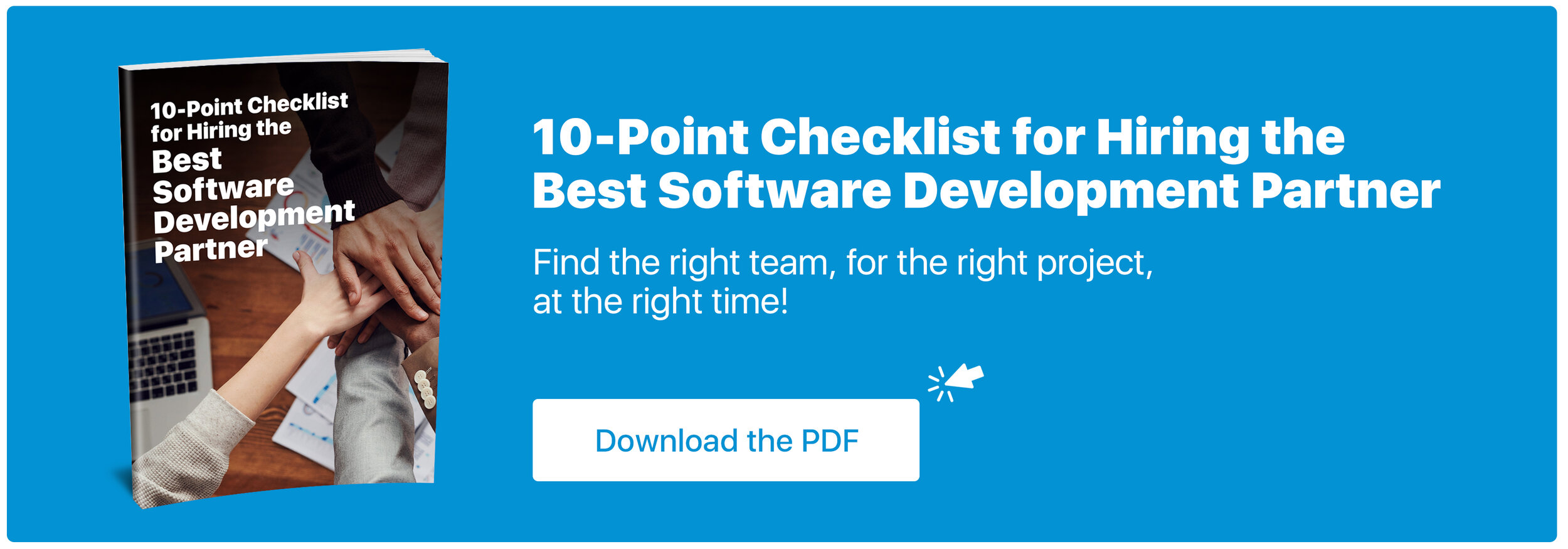Over the last decade, the rise of e-commerce has revolutionized mass consumer behaviour and the ideals of capitalism that drive it. As a result, what has been created is a landscape that everyone wants to enter but demands excellence to thrive in.
Who’s Setting The Standard?
Companies like Amazon, Alibaba, Shein, and Apple have set the standard so high that newcomers must strive to achieve flawless performance in order to succeed long term. As you might’ve guessed, this requires a significant investment in the backend infrastructure of e-commerce platforms to keep up with the demands of the market.
Take a look at Microsoft— they’ve just recently put a few billion dollars into Chat GPT and are expecting to increase that investment threefold in the near future. This is a great example of why the top-performing companies have earned the position they’re in. They see the trends and evaluate how to best make a move to capitalize on them.
What does it mean for your business?
Are you looking to tap into the e-commerce sector? Maybe you’ve been in the space for a bit and are looking to ramp up progress. Whatever the case may be, you need to be aware of what’s trending and how to make it fit your business. For example, the mass appeal towards TikTok inspired other platforms to incorporate Reels which bring platforms dramatically more engagement.
Here are 4 quick e-commerce trends that will heavily contribute to a platform's success in 2023:
Mobile: Is your app just as easy to shop on and check out as your website? The amount of mobile users is significant in e-commerce, which means the experience needs to be seamless. For this reason, e-commerce companies tend to go with a mobile-first approach when designing their platform. We’ve referred to the mobile experience as a hot button in 2023 which is almost an understatement. It really is an upper hand for those who master it.
Post-Purchase Customer Experience: If you want consistent business, this has to be a priority. The sector is competitive and brand loyalty doesn’t exist when it comes to e-commerce. One of Amazon’s greatest strengths is how simple its return policy is, even though customers don’t typically buy with the intent of returning, the fact the solution is there is what sets them apart.
Social Commerce: Social media is a goldmine when it comes to marketing, especially for startups. Social commerce generates billions of dollars that are readily available to brands who strategize how to best position themselves. For example, being on multiple social platforms is great but not having sufficient content on those platforms, favouring certain platforms and neglecting others will hurt your brand this year.
Virtual and Augmented Reality (VR and AR): An emerging trend that the giants in the sector are using to enhance the shopping experience is VR and AR. For example, IKEA has The Place App which allows customers to see how furniture will look in their home before buying it. L'Oreal allows you to virtually try on makeup, Nike allows you to use VR to see how their products are made, etc.
The Covid-19 pandemic proved that consumers get accustomed to technology fast and won’t easily compromise with a lesser option. This is why trillions of dollars were invested in IT during the pandemic, and the trend is expected to continue exponentially in the coming years.
It may sound cliché, but the best way to get started when building an e-commerce platform is by prioritizing the customer experience. If you wouldn't want to shop on your platform, what makes you think anyone else would? An end-user mindset is a website architect's strongest asset and with consistent revision and innovation, the platform's chance at long-term success increases.
The Takeaway
The “right way” to do something is never obvious nor is it a one-size-fits-all approach. It needs to follow a process of trial and error in the initial stages but once a solid foundation has been built, reward tends to follow.
The typical success rate for e-commerce sites is around 20% and the problem is seldom the product. It’s commonly a result of failing to consider the end user's needs and preferences during UI/UX development as well as when balancing the platform's front and back-end features.
Don’t let your business become another statistic, consult with professionals who can guide you to long-term success.
Written By Ben Brown
—
ISU Corp is an award-winning software development company, with over 17 years of experience in multiple industries, providing cost-effective custom software development, technology management, and IT outsourcing.
Our unique owners’ mindset reduces development costs and fast-tracks timelines. We help craft the specifications of your project based on your company's needs, to produce the best ROI. Find out why startups, all the way to fortune 500 companies like General Electric, Heinz, and many others have trusted us with their projects. Contact us here.














